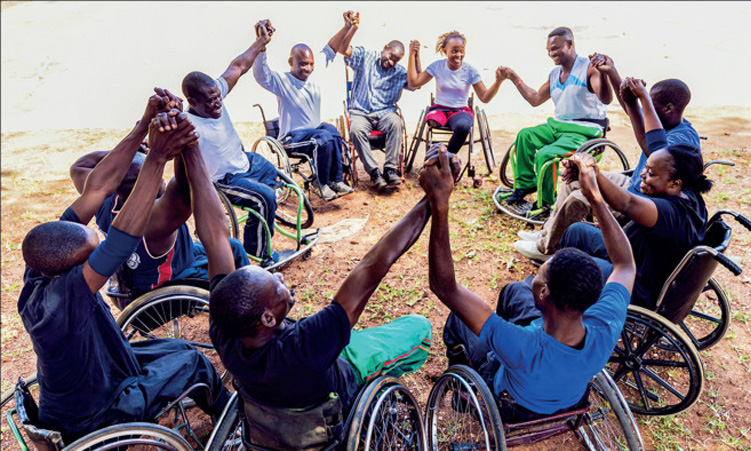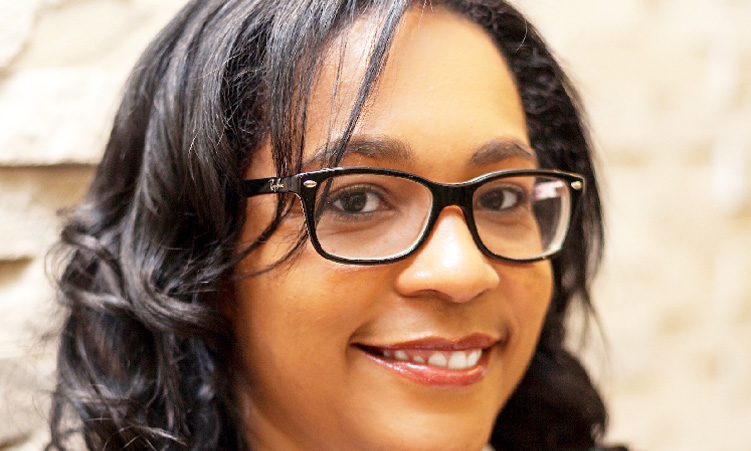Organisations representing people with disabilities want political parties to make a deliberate effort to cater to them ahead of the November elections.
Most political parties’ policies fail to do this, they say.
Petra Dillman, the founder of the Autism Association of Namibia and a member of the National Disability Networking forum, yesterday during a meeting in Windhoek said stakeholders should thoroughly study party manifestos before deciding who to vote for in November.
“I suggest instead of targeting people in current posts, we should consider going through all the manifestos and see which political party accommodates people with disabilities more to be keynote speakers at upcoming events. “Society is actually the disabling factor in the inclusion of people with disabilities in preschools, schools, churches, tertiary institutions and work/employment,” she said.
Matheus Hashoongo from the National Federation for Persons with Disabilities in Namibia during another meeting earlier in Windhoek, said political party leaders should create policies addressing the social welfare of people with disabilities.
“People with disabilities should be empowered in various ways, rather than just increasing the disability social grant,” he said.
“I am dissatisfied that political party manifestos only focus on increasing disability grants while the priority should be on social protection and empowerment,” Hashongo said.
FILMED FOR FOOD
He raised concerns about the trend of filming people with disabilities in exchange for alcohol or food.
“Recent incidents, such as those involving the so-called Zoo Park lady and the late Tate Geya, highlight this growing issue,” he said.
These incidents involved people with disabilities being filmed in return for food or alcohol.
“This also endangers their future by exposing them to gender-based violence (GBV), sexual exploitation, and human trafficking,” Hashoongo said.
Martin Tjivera, the founder of the Namibian National Association of the Deaf, says accessing basic services, such as healthcare and police assistance, as well as employment, remains a challenge for the deaf community.
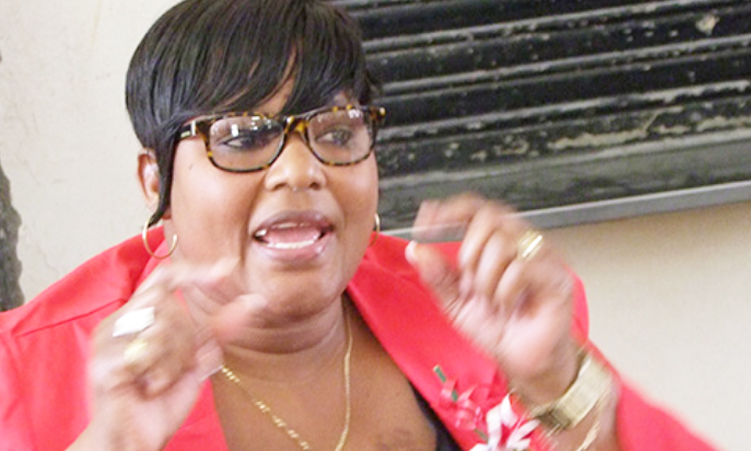
‘VAGUE MANIFESTOS’
Ebenhard Ripunda, the director and co-founder of the Association for Wheelchair Users, says there is a need to include people with disabilities in decision-making structures.
“The general approach towards disability from our society is to keep us close enough to feel like we are included, but far enough to ensure we do not make any meaningful contributions.
“Some of the ramps provided are too steep, making it difficult for them to get access to public services,” he says.
Orben Muluti, the chairperson of the Namibian Organisation for Youth With Disabilities, says political parties are not prioritising issues concerning people with disabilities.
“Their manifestos are quite vague. You can say we are going to give jobs to this number of youth, but you’re not indicating how at least you’ll ensure that 5% of these jobs are going to people with disabilities,” he says.
Meanwhile, disability affairs deputy minister Alexia Manombe-Ncube says Sign Language should be recognised to uphold the linguistic and human rights of the deaf community.
She was speaking at an International Week of Deaf People and International Day of Sign Languages event in Windhoek on Monday
“In September 2023, I tabled a motion in parliament on the recognition of advocating quality multilingual inclusive education that provides deaf pupils’ inclusion through a national Sign Language,” she says.
Manombe-Ncube says recognising Sign Language as an official language affirms the identity and dignity of the deaf community and removes major barriers to communication and public participation.
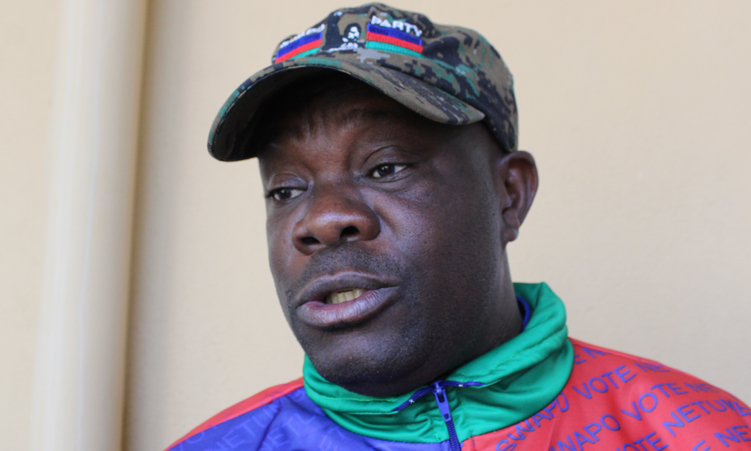
POLITICAL PARTIES RESPOND
Swapo Party Youth League (SPYL) secretary Ephraim Nekongo says his party plans to have its manifesto translated into natural languages, including Braille.
“For our events we have always tried to have Sign Language interpreters to cater for the deaf. Maybe we have to iron out the consistency,” he says.
He says Swapo has always deliberately made sure people with disabilities are represented.
The Swapo manifesto says Namibia spends about N$8 billion per year on social protection for the most vulnerable members of society.
Independent Patriots For Change president Panduleni Itula has told 96 of the party’s parliamentary candidates to make inclusive laws.
“When you bring a bill for me to sign and enact, make sure it does not discriminate against people with disabilities,” he said. “If we consider all disabled people, across all categories, as minorities, we must ensure accessibility in every aspect,” he said. “We cannot allow democratic tyranny, where our members of parliament legislate that victimises minorities,” Itula said.
Landless People’s Movement Human Rights Command leader Joyce Muzengua says the party has indicated in its manifesto it plans to build more special schools.
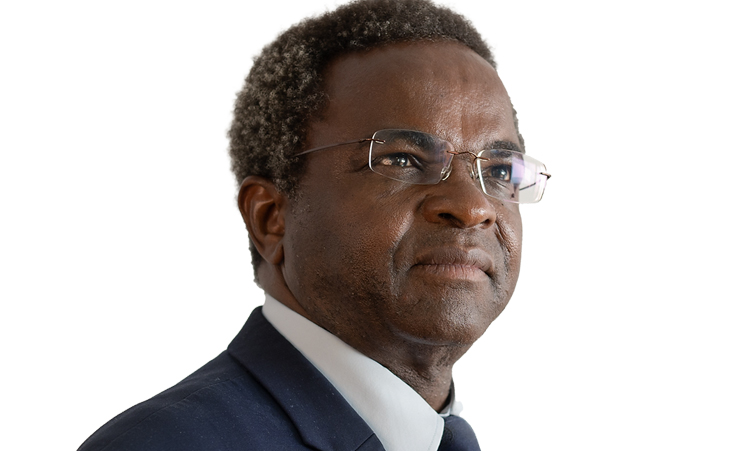
“Each of Namibia’s 14 regions would have a dedicated school equipped to meet the specific needs of children with disabilities.”
Muzengua says the party would translate its manifesto into Braille and multiple languages to ensure accessibility for all, including communities with disabilities.
“Public facilities, including government buildings, elevators and bathrooms, should be customised to accommodate their specific needs across society,” he says.
National Empowerment Fighting Corruption (NEFC) party deputy leader Stefanus Matheus says the party will allocate land to people with disabilities.
“Despite shortcomings in the manifesto, we made a public call for people with disabilities, confident after reviewing the ECN disability database and making announcements,” he says.
He says the party has employment positions reserved for people with disabilities and people who are deaf who are eligible.
“The party resolved that certain seats on the NEFC parliamentary list will remain unoccupied until suitable candidates who are people with disabilities are identified,” he says.
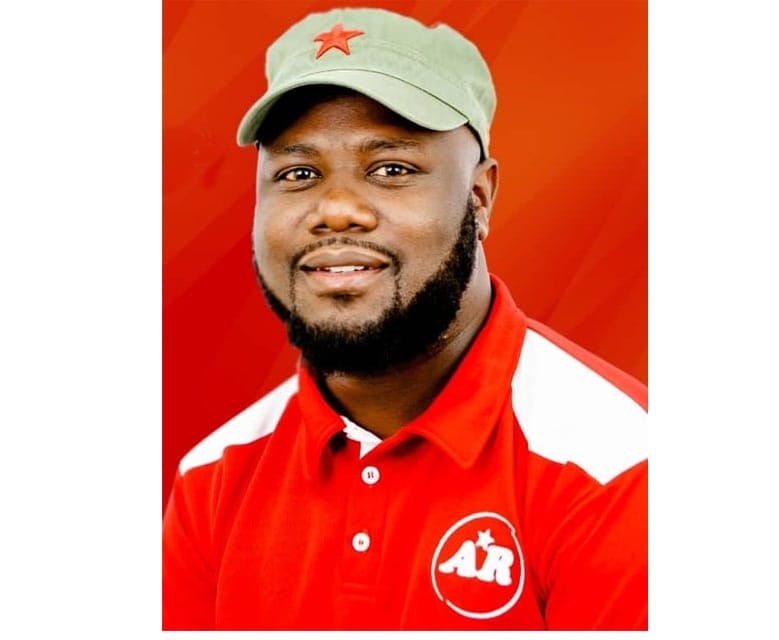
Affirmative Repositioning leader George Kambala says his party will ensure that people with disabilities are part of the decision-making processes.
“We cannot allow our brothers and sisters to become dependent on social grants when they themselves want to go to schools and become who they want to become,” he says.
According to social justice activist Nafimane Hamukoshi, the plight of people with disabilities highlights a critical intersection of rights, dignity and societal responsibility that demands urgent attention.
“The exploitation of vulnerable individuals through social media not only undermines their humanity, but also perpetuates systemic inequalities that marginalise them further,” she says.
Hamukoshi says the voices of people with disabilities need to be amplified in decision-making processes.
Manombe-Ncube recently said the misconceptions about Namibians with disabilities’ ability to work have led to the community struggling to find jobs.
Stay informed with The Namibian – your source for credible journalism. Get in-depth reporting and opinions for
only N$85 a month. Invest in journalism, invest in democracy –
Subscribe Now!



